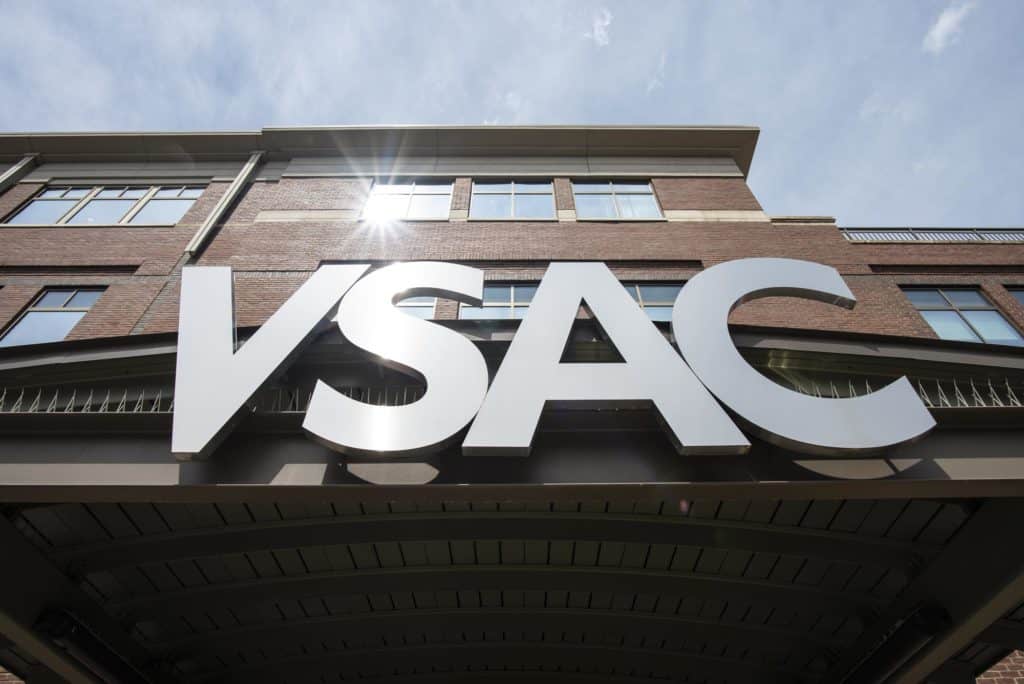
Covid-19 has had an enormous impact on the lives of beginning and returning college students. But according to a survey of rising high school seniors and returning college students who completed a free application for financial student aid (FAFSA) conducted in June and then again in July by Vermont Student Assistance Corp., students’ decisions about whether to attend school or alter their plans remained for the most part unchanged.
“In June, 87% of Vermont’s FAFSA filers said they planned to attend school in the fall,” said VSAC president and CEO Scott Giles. “In July, students seemed to have solidified that decision. Nine out of 10 respondents from our July survey said they planned to enroll in the fall. That change came mainly from previously undecided students who later decided to attend,” he added.
The study continued to explore the impact of Covid-19 on students’ personal finances. Seven out of 10 students reported experiencing a Covid-19-related event in their lives.
“In terms of specific events, we found three out of 10 students surveyed in July reported losing their jobs and one in five could not find a summer job,” Giles said. “These are events that play a critical part in students’ abilities to save and prepare for college.
“Equally or perhaps more important to a student’s ability to go to college are financial impacts to their families,” Giles added. “One in four dependent students in our July survey reported one or both parents losing a job either temporarily or permanently because of the Covid-19 pandemic—this particularly impacted families with limited means, with about 33% of families earning less than $43,000 per year about twice as likely to have experienced a job loss than those earning more than $124,000.”
“As the pandemic has continued, its impact is spreading to different students and their families,” Giles said. “In our June survey, more first-generation college students (those who were the first in their families to attend) reported that their families experienced job losses. In July second-generation college students (21%) were more likely than first-generation students (14%) to report their parents losing work. They also reported losing other financial supports for college (scholarships, etc.).”
“One thing was abundantly clear in the research: financial aid continues to be important to our students’ ability to pursue higher education. More than half of the July respondents called it ‘absolutely critical’ and another 28% felt it was ‘very important.’”
Giles said.
“With students feeling less confident about their ability to afford a quality education during these unprecedented times, it is critical to reach out and get them the help they need to pursue their goals.
“The past three months we have provided technology stipends and increased financial aid awards for more than 2,000 families negatively impacted by Covid-19. This important research will help us— and our partners in improving educational access—further strengthen our support for Vermont families,” Giles said.
The survey was conducted between July 23 and Aug. 3 and reported a margin of error of 3.0%. The 752 respondents came from a randomly selected pool of students who had completed the Free Application for Financial Student Aid (FAFSA) form to receive financial aid for the 2020-2021 academic year.




